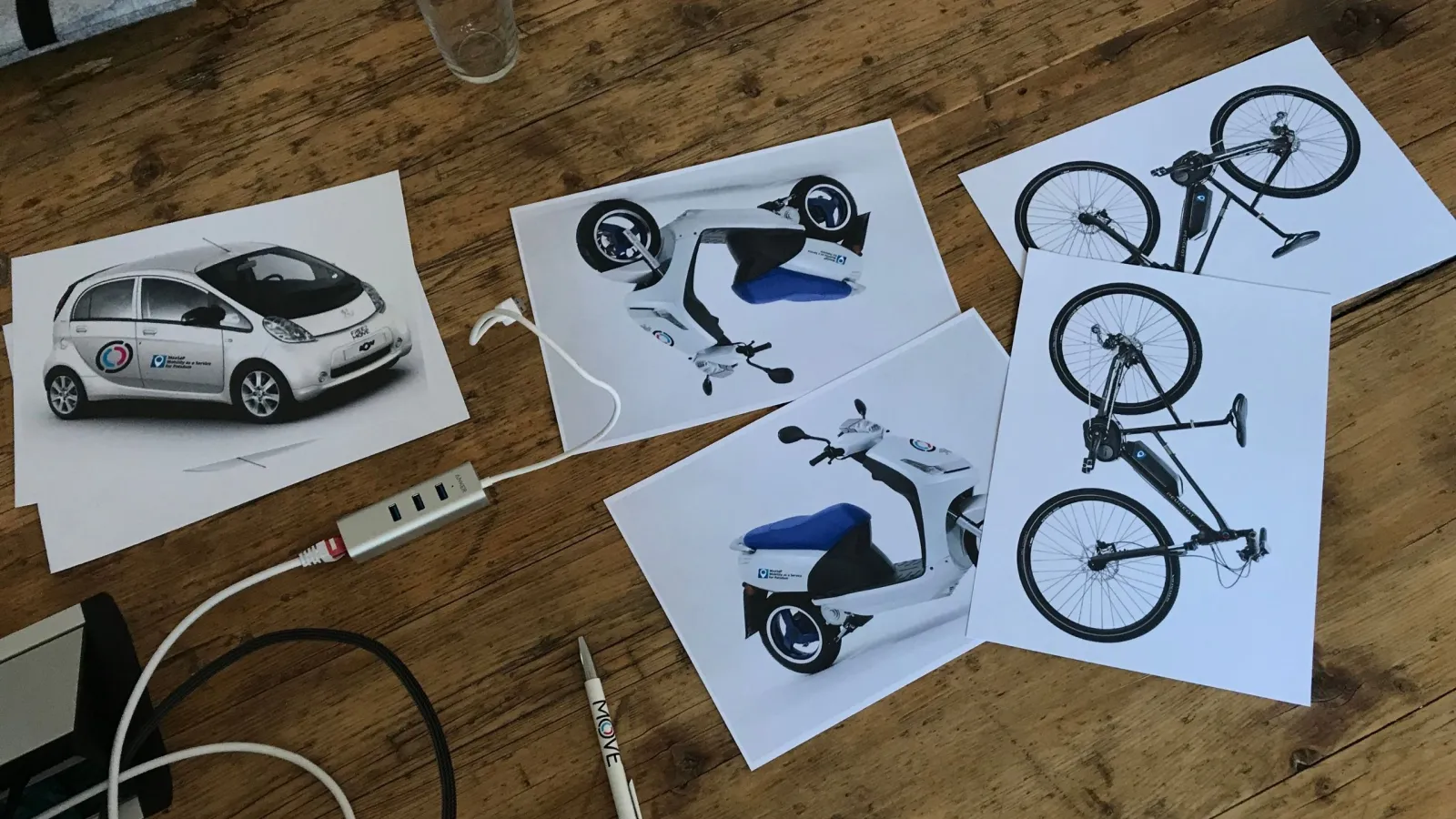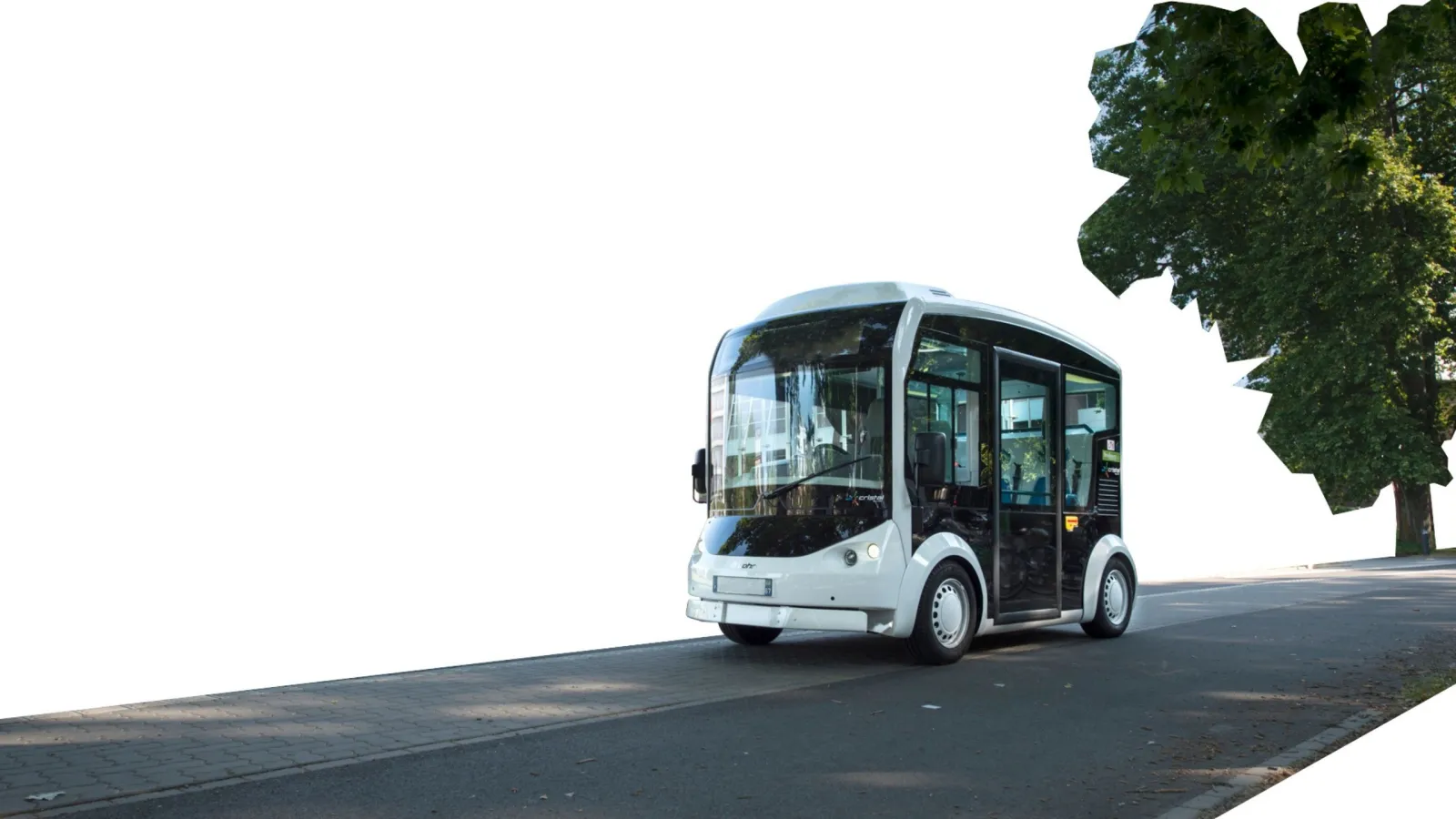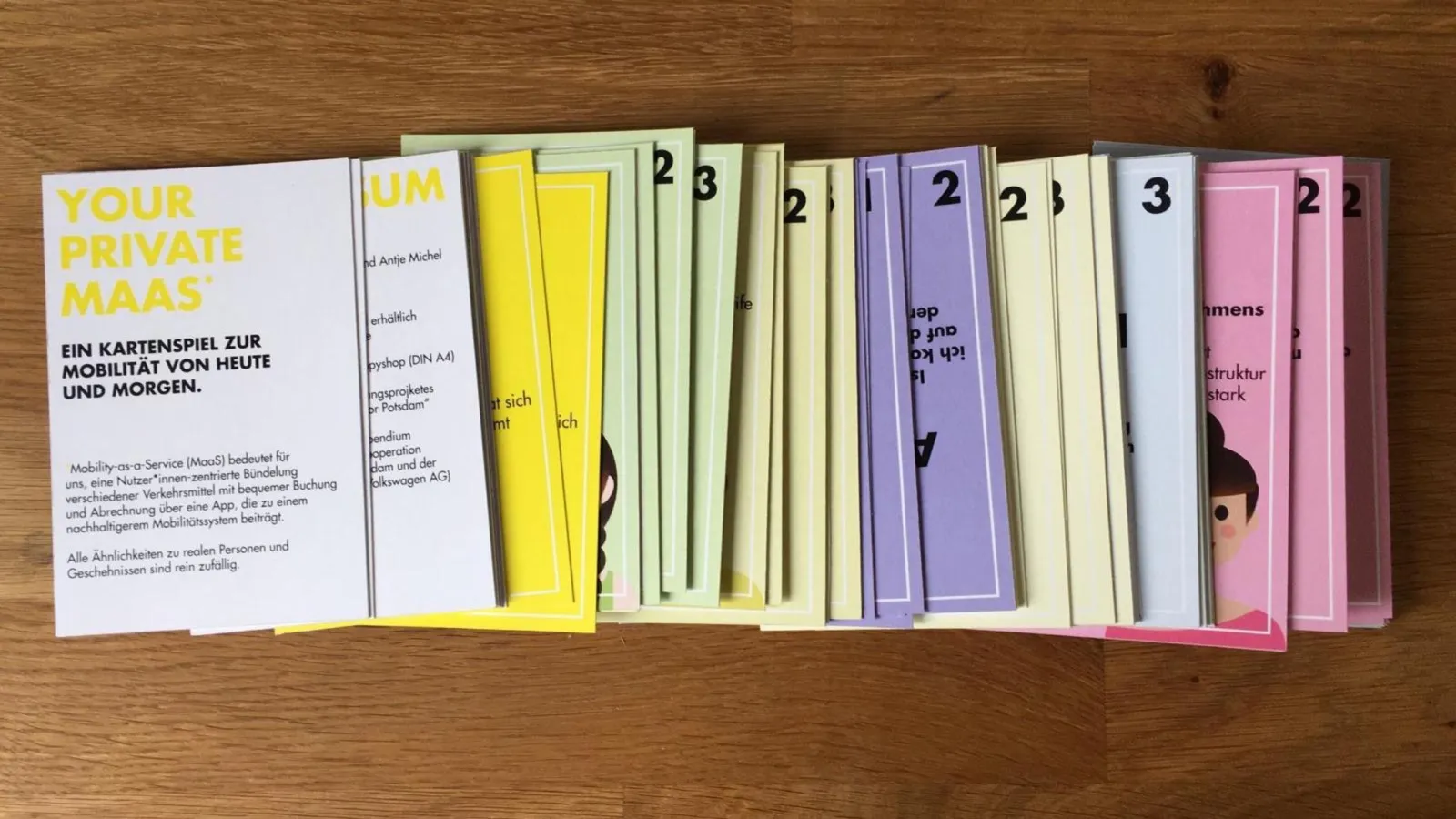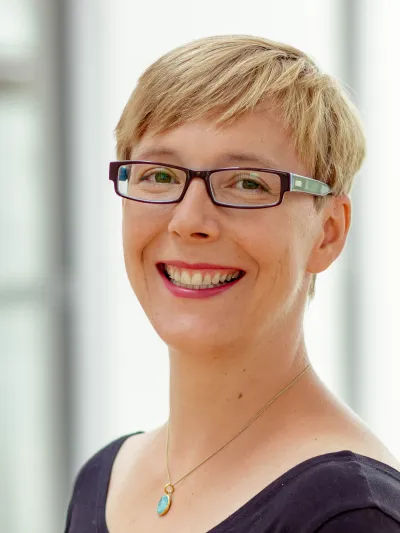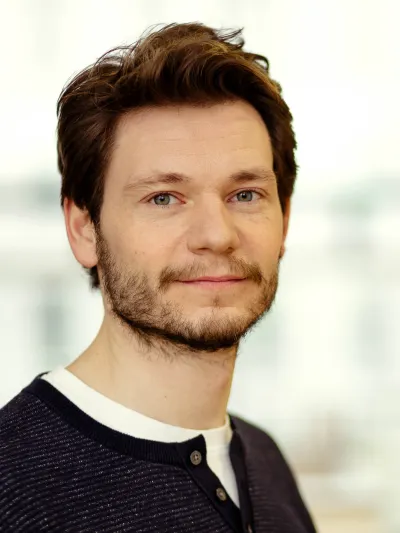MaaS L.A.B.S.: User-Centred Mobility-as-a-Service Platform: Living, Automated, Demand- & Sharing-Oriented
Shaping the transport turnaround through flexible and demand-oriented local public transport

MaaS L.A.B.S. is shaping the transport turnaround through flexible and demand-oriented local public transport (LPT) that expands its efficient services with automated microbuses and combines them with new car, bike and ridesharing services. This ecological, economic as well as social and urban-friendly transformation of our mobility system contributes to the development of solutions to the challenges of climate change, pollution and traffic congestion. The innovative offers are based on the change in values of the urban population and the resulting changes in mobility behaviour, which are already perceptible today, towards the use of more resource-efficient sharing offers and lower-emission forms of mobility.
The interdisciplinary MaaS L.A.B.S. project team from the social sciences, engineering and economics places the transport users at the centre of its research and aims to test technologies and business models step by step in order to avoid planning errors. Four services are interlinked:
- An app informs the citizens of a city about integrated mobility offers (public transport and sharing offers) and facilitates mobility planning and billing.
- Intelligent sharing services complement public transport to create an attractive overall service that is competitive with private cars.
- Automated microbuses pick up citizens at their doorsteps and thus improve the accessibility of large neighbourhoods.
- Control systems ensure the smooth operation of this integrated transport system, which responds to current passenger requests in real time and in line with demand.
For the first time, the MaaS L.A.B.S. system takes an in-depth look at the specific requirements of small and medium-sized cities in the context of research and development. To this end, "Living Labs" (real labs) will be set up in the cities of Potsdam, Cottbus and Hanover from 2020 onwards, in which the services will be developed in active dialogue with the population, urban development, transport planning and politics. Extensive demonstrations make technology "tangible" and shape technology and process development in step-by-step feedback processes.
In the past 18 months, the University of Applied Sciences Potsdam has already prepared a feasibility study in a precursor project against the background of the traffic problems in the north of Potsdam. The focus of the study was the Bornstedter Feld with the climate campus of the University of Applied Sciences. MaaS L.A.B.S. is now implementing these findings in a transdisciplinary cooperation with ViP Verkehrsbetrieb Potsdam GmbH, the state capital Potsdam and industry partners. The interdisciplinary project team from FH Potsdam is developing the overall transport science architecture of the MaaS platform, including a viable business model, as part of the overall project. The team is designing Living Lab scenarios through target group-specific knowledge transfer, participation and cooperation methods.
Go to the project website here: maas-labs.fh-potsdam.de

